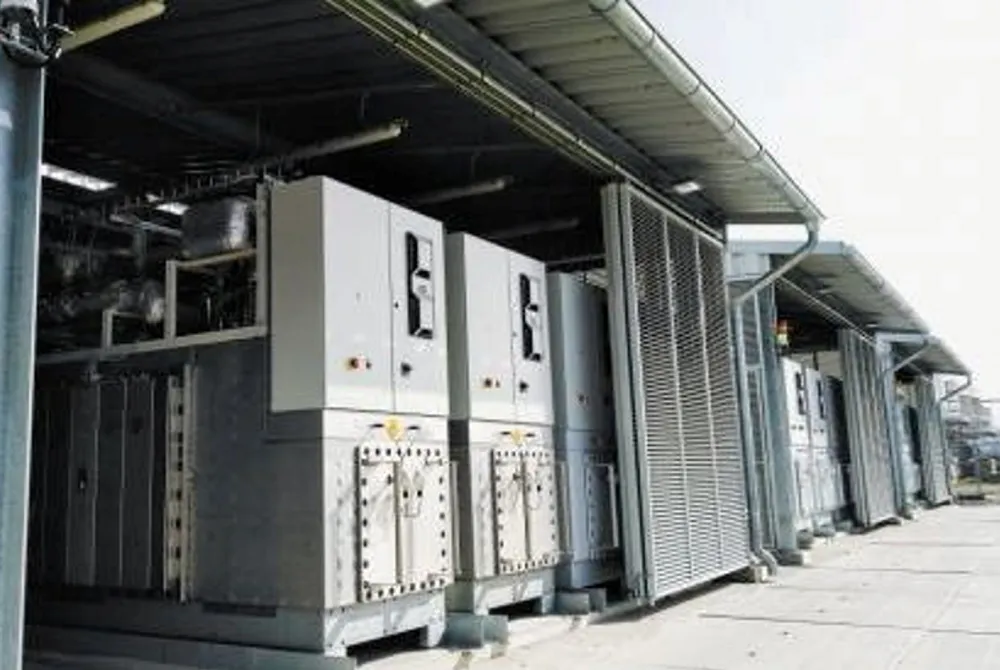Hot hydrogen | World’s largest solid-oxide electrolyser successfully installed at Rotterdam biofuels refinery
The 2.6MW unit from German manufacturer Sunfire will use waste heat to produce green hydrogen at a lower cost than alkaline or PEM machines

The 2.6MW unit from German manufacturer Sunfire will use waste heat to produce green hydrogen at a lower cost than alkaline or PEM machines
